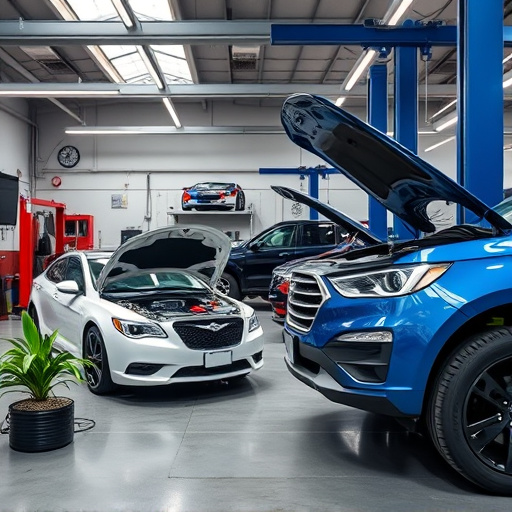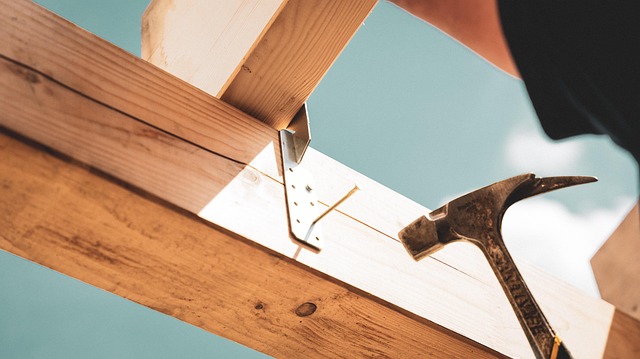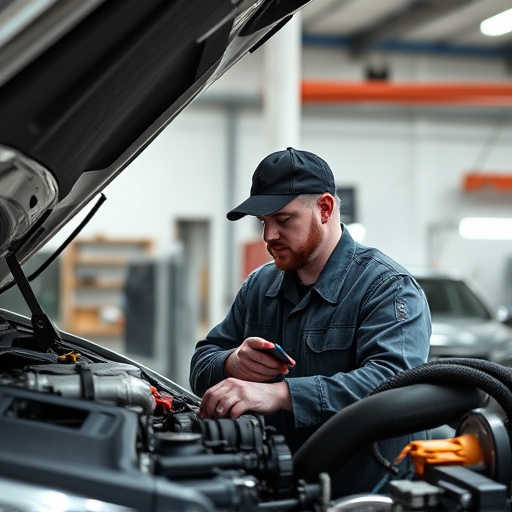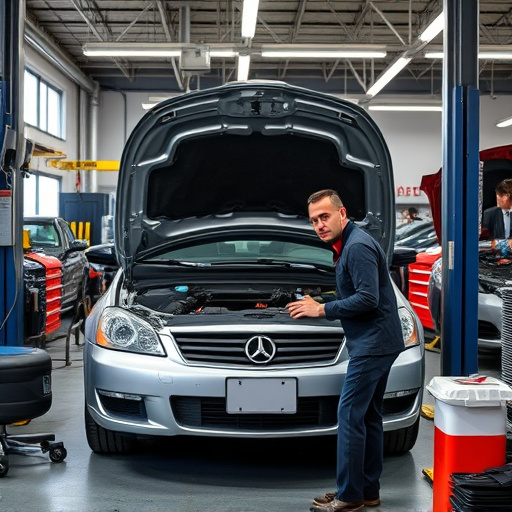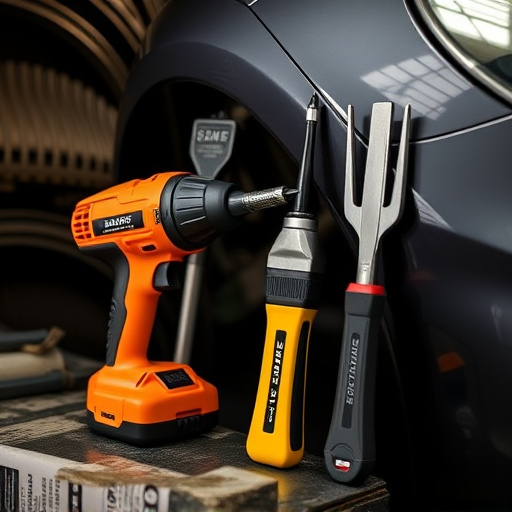Insurance adjuster liaisons play a crucial role in simplifying complex auto claims processing, acting as intermediaries between insured individuals, insurers, and automotive body shops. Their expertise in both insurance policies and vehicle repair procedures ensures accurate, efficient, and timely claims handling, significantly boosting customer satisfaction during challenging times. These professionals prioritize clear communication, swift response times, and understanding client needs, serving as key translators of complex information while fostering trust through regular status updates and transparency.
In the intricate world of auto claims, efficient coordination is key. This is where insurance adjuster liaisons play an indispensable role. These professionals act as vital links between policyholders, insurers, and repair shops, ensuring a seamless claims process. By fostering clear communication and managing expectations, they expedite resolutions, reduce costs, and enhance customer satisfaction. This article delves into the multifaceted importance of these liaisons in modern auto claim management, exploring their benefits and best practices to optimize the overall experience for all parties involved.
- Understanding the Role of Insurance Adjuster Liaisons
- The Benefits of Having a Dedicated Liaison for Auto Claims
- Best Practices for Effective Adjuster Liaison in Modern Claims Processing
Understanding the Role of Insurance Adjuster Liaisons

In the complex landscape of auto claims processing, insurance adjuster liaisons play a pivotal role in ensuring smooth and efficient resolutions. These professionals act as the critical link between insured individuals, insurance companies, and automotive body shops, facilitating effective communication and coordination throughout the vehicle collision repair process. Their primary objective is to streamline the often intricate web of interactions that follow an accident, aiming to minimize delays and maximize customer satisfaction.
By serving as intermediaries, adjuster liaisons help navigate the details of policy coverage, assess damage estimates from vehicle body shops, and facilitate negotiations when necessary. They possess a deep understanding of both insurance policies and automotive repair procedures, enabling them to guide all parties involved towards mutually agreeable solutions. This meticulous attention to detail ensures that claims are processed accurately and promptly, ultimately enhancing the overall customer experience during what can be a stressful and challenging time following a vehicle collision or damage.
The Benefits of Having a Dedicated Liaison for Auto Claims
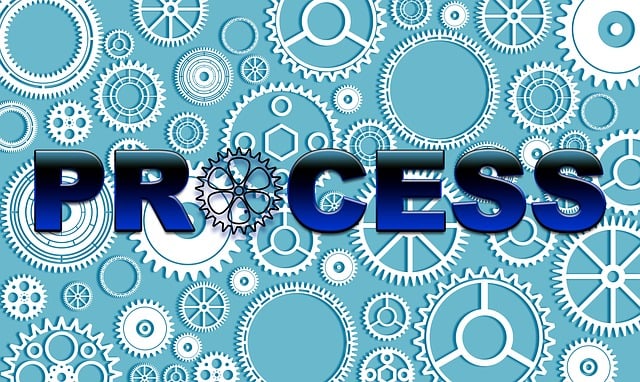
Having a dedicated insurance adjuster liaison offers numerous advantages in the complex world of auto claims. This specialized role acts as a vital bridge between policyholders and insurers, ensuring a smoother and more efficient claims process. With their deep understanding of both the insurance industry and automotive repairs, these liaisons play a crucial part in facilitating effective communication and resolving disputes.
A dedicated liaison ensures that every aspect of the claim is handled with precision. They streamline the evaluation process, keeping policyholders informed about progress and potential delays. Furthermore, their expertise in vehicle bodywork services, from simple fender repairs to more complex damage, allows them to accurately assess the scope of work required, thereby reducing miscommunication and ensuring claims are settled promptly. This dedicated approach enhances customer satisfaction and builds trust between insurers and policyholders.
Best Practices for Effective Adjuster Liaison in Modern Claims Processing

To ensure smooth and efficient modern auto claims processing, best practices for adjuster liaison should focus on clear communication, prompt response times, and a deep understanding of both the policyholder’s needs and the collision center’s capabilities. Insurance adjuster liaisons act as the bridge between the insured party, insurance companies, and car repair services, facilitating a swift and accurate assessment and resolution of claims. Effective liaising involves actively listening to clients’ concerns, translating complex technical details into understandable terms for non-technical parties, and vice versa.
Regular updates on claim statuses, potential delays, or alternative arrangements should be communicated promptly. This transparency builds trust between policyholders and insurance providers, fostering a positive experience even during stressful situations. Additionally, adjuster liaisons should be adept at navigating the intricacies of various collision repair services (including collision centers) to ensure optimal care for damaged vehicles while adhering to both legal requirements and the client’s expectations.
Insurance adjuster liaisons play an indispensable role in modern auto claims processing, bridging the gap between policyholders and insurers. By facilitating efficient communication and coordination, dedicated liaisons streamline the claims journey, ensuring timely settlements and enhancing customer satisfaction. Implementing best practices, such as proactive engagement, thorough documentation, and technology integration, further reinforces their significance in today’s competitive insurance landscape. Embracing these strategies can lead to improved operational efficiency, stronger client relationships, and a more robust claims management process overall.





